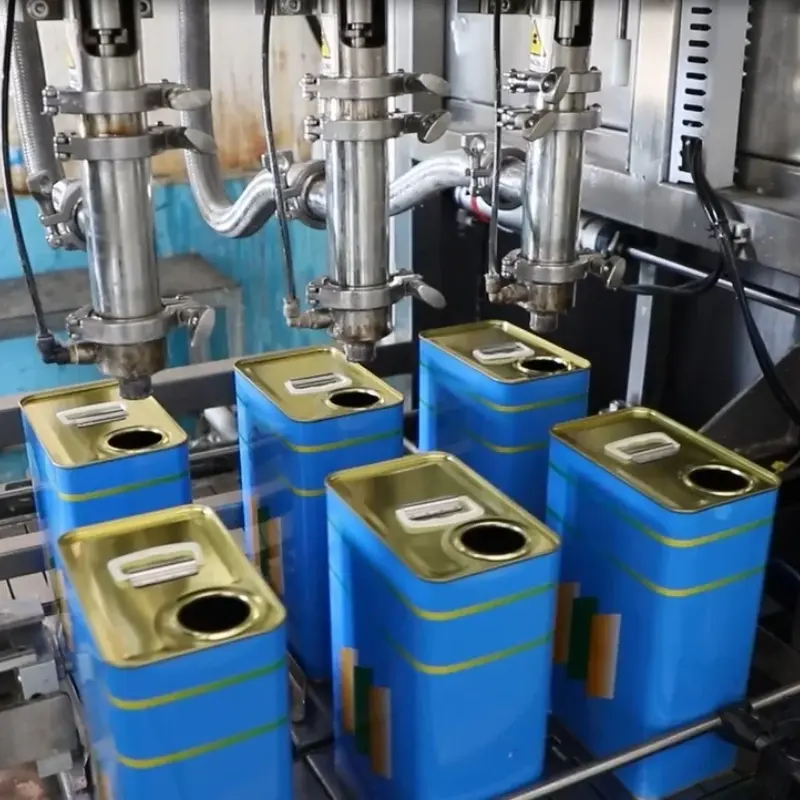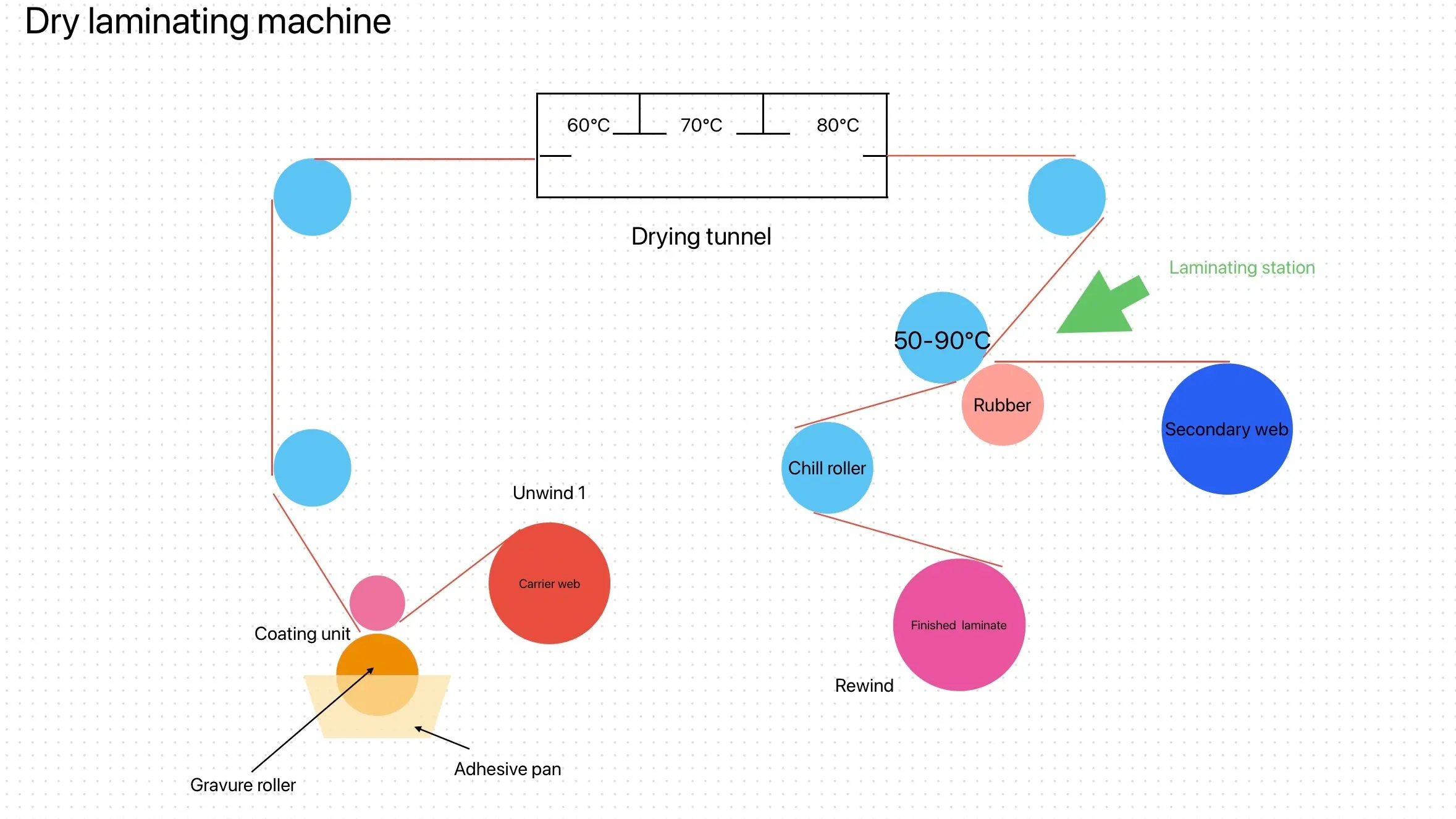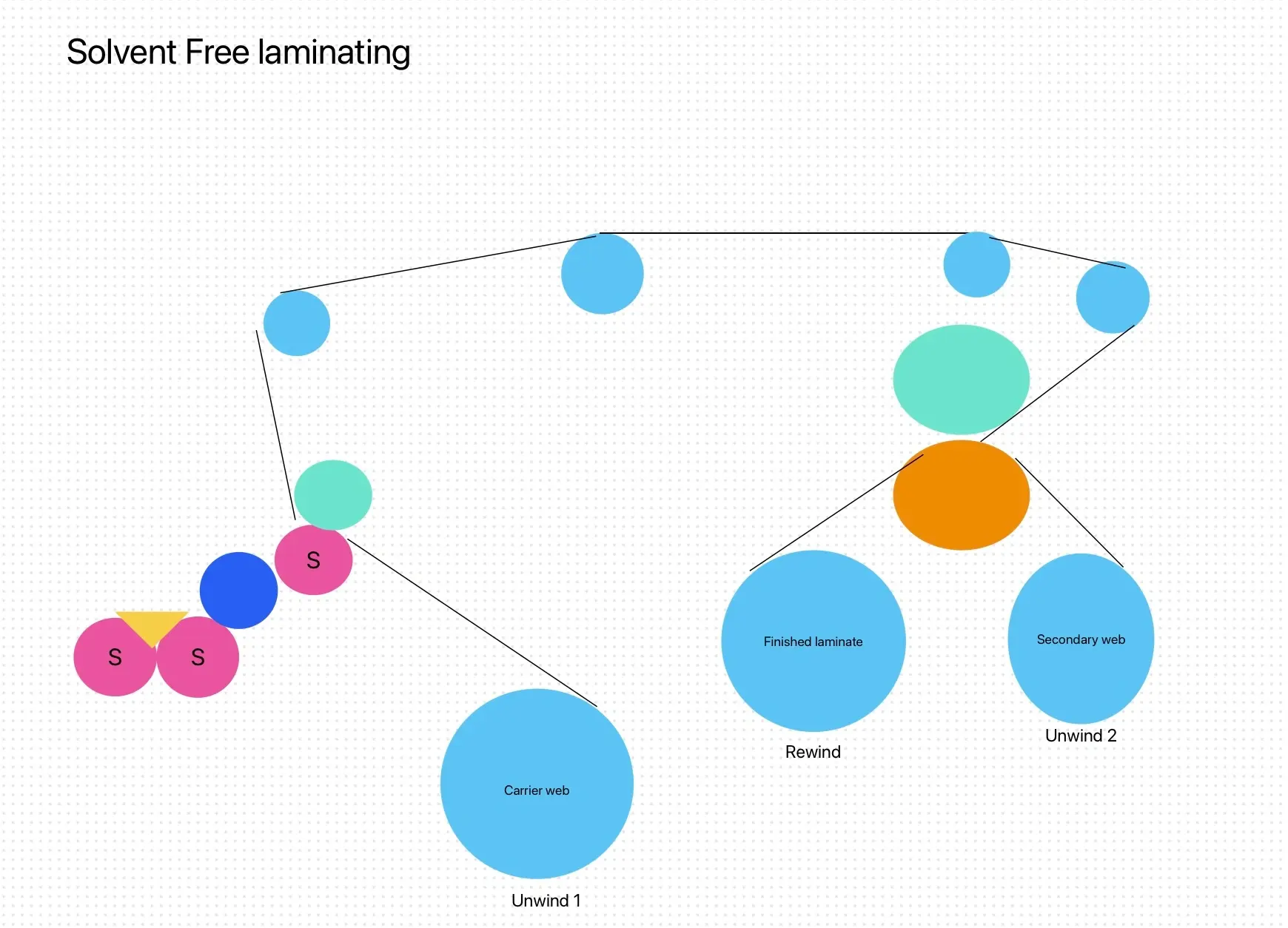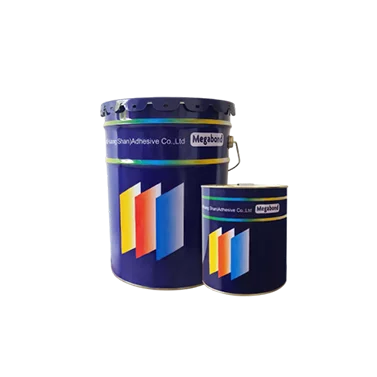Введение:
Полиуретановые (ПУ) промышленные клеи славятся своей исключительной прочностью склеивания, гибкостью и устойчивостью к суровым условиям окружающей среды. Независимо от того, используются ли они в автомобильной, строительной, упаковочной или электронной промышленности, эти клеи являются надежным решением для прочных и долговечных соединений. В этом руководстве мы рассмотрим основные характеристики, области применения, преимущества и способы выбора идеальный полиуретановый клей клеи для ваших нужд.

Что такое полиуретановые промышленные клеи?
Промышленные клеи PU — это высокоэффективные связующие решения, изготовленные из полиуретановых полимеров. Эти клеи, доступные как в однокомпонентном (1K), так и в двухкомпонентном (2K) составе, очень эффективны при склеивании металлов, пластика, дерева, стекла и других материалов. Известные своей превосходной прочностью и гибкостью, клеи PU обладают исключительной устойчивостью к УФ-излучению, влаге и перепадам температур, что делает их универсальными для различных промышленных применений.
Основные характеристики полиуретановых промышленных клеев
- Высокая прочность и долговечность соединения
Полиуретановые клеи известны своей исключительной прочностью склеивания, обеспечивая надежное и долговечное соединение материалов, подвергающихся нагрузкам. - Гибкость и удлинение
Благодаря своей гибкости и способности к удлинению они идеально подходят для применения в условиях динамических движений, поскольку способны поглощать напряжения без образования трещин или ослабления. - Химическая и экологическая стойкость
Полиуретановые клеи обладают химической стойкостью к маслам, топливу и растворителям, что делает их идеальными для использования в сложных условиях. - Универсальная адгезия к различным основаниям
Эти клеи могут склеивать различные материалы, включая металлы, пластик, керамику, стекло и композиты, что делает их универсальными для различных отраслей промышленности. - Экологически чистый
Многие современные составы нетоксичны и содержат мало ЛОС (летучих органических соединений), что делает их более безопасными как для пользователей, так и для окружающей среды.
Применение полиуретановых промышленных клеев
Полиуретановые клеи используются в нескольких отраслях промышленности благодаря своим превосходным связующим свойствам. Некоторые из наиболее популярных применений включают:
- Автомобильная промышленность: Используется для склеивания ветровых стекол, панелей и деталей салона для обеспечения прочности и гибкости.
- Строительство: Идеально подходит для напольных покрытий, плитки, изоляции и склеивания бетона.
- Упаковка: Отлично подходит для склеивания гофрированного картона, бумаги и пластиковой пленки для надежной упаковки.
- Электроника: Необходим для инкапсуляции компонентов и сборки электроники.
- Деревообработка: Идеально подходит для склеивания дерева, МДФ, фанеры и других древесных материалов.
Преимущества использования полиуретановых промышленных клеев
- Экономически эффективное долгосрочное решение
Несмотря на то, что изначально полиуретановые клеи стоят дороже, они обеспечивают долгосрочную ценность, снижая необходимость в доработке или ремонте и обеспечивая прочное соединение, превосходящее по сроку службы традиционные крепежные элементы. - Снижение зависимости от механических креплений
Полиуретановые клеи устраняют необходимость в видимых крепежных элементах, таких как винты, гвозди и болты, что повышает эстетические качества изделий. - Улучшение характеристик продукта
Полиуретановые клеи повышают общую долговечность и эксплуатационные характеристики изделия, выдерживая удары, вибрацию и перепады температур. - Легкое применение
Благодаря возможности ручного или автоматического дозирования полиуретановые клеи легко наносить, что сводит к минимуму отходы и обеспечивает точность. - Гибкость отверждения
В зависимости от продукта полиуретановые клеи предлагают несколько вариантов отверждения, соответствующих срокам производства: отверждение под воздействием тепла или в условиях окружающей среды.
Как правильно выбрать полиуретановый промышленный клей
Выбирая лучший полиуретановый клей необходимо учитывать несколько факторов:
- Совместимость материалов: Убедитесь, что клей подходит для склеиваемых материалов.
- Условия окружающей среды: Примите во внимание воздействие влаги, ультрафиолетового излучения и экстремальных температур.
- Время отверждения: Выберите клей с идеальным временем отверждения для вашего производственного процесса.
- Метод применения: Выбирайте клей в зависимости от того, требуется ли вам ручное или автоматическое нанесение.
Заключение:
Промышленные клеи PU являются мощным решением для склеивания в различных отраслях промышленности благодаря своей высокой прочности, долговечности и гибкости. Независимо от того, работаете ли вы в автомобильной, строительной, упаковочной, электронной или деревообрабатывающей промышленности, эти клеи обеспечивают превосходную производительность в сложных условиях. Понимая их особенности, области применения и то, как выбрать правильный клей, вы можете принять обоснованное решение и улучшить качество и долговечность вашего продукта.




